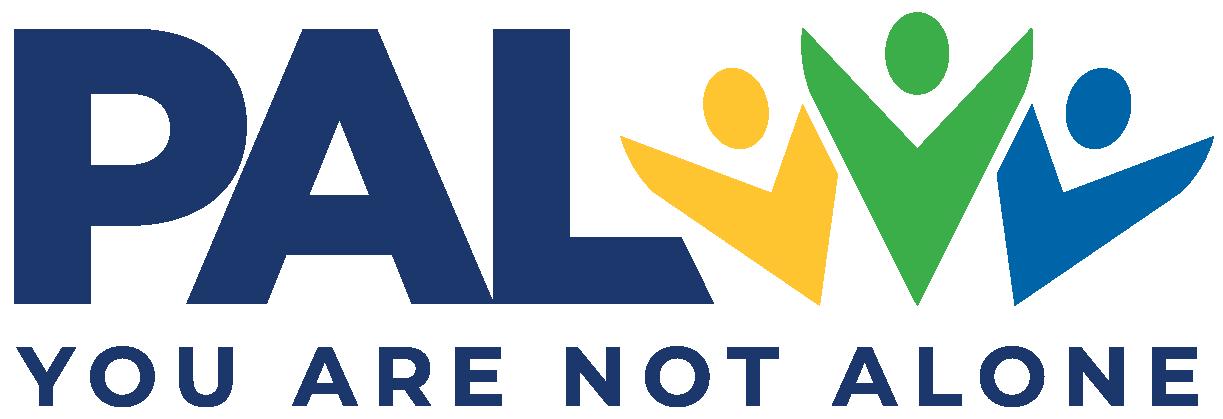
One thing I regularly hear from people revolves around their desire for their loved one to get sober. However, there is an important distinction between sobriety and recovery. Frankly, “getting sober,” is usually the simple part. Don’t get me wrong, some people with severe substance use disorder (SUD), particularly with severe alcohol issues, may have life threatening withdrawal issues and should be medically supervised. However, most people can “get sober” with detox or “white knuckling” it on their own. The key is staying sober and that is really where recovery comes in. Recovery is that process of doing what needs to be done to live a life free from mind altering substances.
This is where the statement, recovery is a marathon, not a sprint, becomes all too real. Simply, recovery takes time. It takes time for the brain to heal, it takes time to learn healthy coping skills and it takes time to break old habits and replace them with new healthy ones.
For most parents, their child’s recovery from SUD is a much longer journey than they had hoped it would be. That’s because it’s not just a journey for their child to learn how to stop using alcohol or drugs, it is also a rite-of-passage experience where their child learns the coping skills necessary for becoming a responsible adult (i.e. honesty, good decision-making, frustration-tolerance, self-discipline, patience, etc.).
One thing I’ve learned, and is heard in recovery groups, is the concept that the recovery community provides training on how to live a healthy life free from mind altering substances. In PAL we have a lesson that talks about learning at the “College Stage of Life,” and that type of training takes time to learn. This is where they learn how to engage in positive relationships, to be a responsible adult and to function in our society. Sadly, a successful education will never happen until your child has a sincere desire to learn such a large “course of study” and then devotes the time and effort required.
Recovery from SUD is almost always a painful journey, but there is no substitute for it. As parents, we are learning that it is not our journey, and we cannot save our children from the suffering they must experience as they learn to face adversity with integrity and dignity. We can, however, believe in and support our child’s ability to learn from their life lessons even though it may not be the path we would have chosen for them. We can also work on accepting that it is their path. This acceptance plus the faith that our child can outgrow their need for alcohol or drugs, is what we can use to replace our desperate attempts to control their life.
The good news is I have seen this happen over and over. I know that people recover. Parents and others who have a loved one that they are concerned about can learn how to help in healthy ways. When they understand that recovery takes time, they can have more realistic expectations, and won’t be surprised when they see things taking longer than they thought. This is the value of finding support for yourself like attending PAL and being on this journey with others who are experiencing this along with you. Keep the faith and know that although it is a marathon, that just means it takes time and, in the end, it may lead to them being restored and in a place of health.
Hang in there, I know it’s hard.
– Mike Speakman, LISAC, PAL Founder
